This feature was the cover story in our February 2020 issues of That’s Shanghai, That’s Beijing and That’s GBA. Worth noting: The live music industry has taken a considerable hit during the COVID-19 outbreak currently sweeping the globe; as such, some of the information provided in this story may have changed and no longer accurately reflect the current situation.
Consumption of digital music in China is growing rapidly. Tencent’s streaming site QQ Music claims to have reached 800 million users, while NetEase Cloud Music puts its number of users at around the 600 million mark. Both have raised huge sums of funding in the past few years, helping to drive consumption of music in digital spaces. But what does this mean for the live music industry? As more promoters, festivals and live music venues enter the fray, along with increasing investment from the government, it has become more and more obvious that the number of Chinese music fans willing to head to live shows is not rising nearly as fast as investment into the live music market might suppose.
Swimming with the Stream

Image via 鏍句笢/Split Works
In the past few years, the explosive growth of music streaming investment in China has caused the music industry as a whole to boom. The country’s cultural power brokers have taken notice, investing label and artist time into music and video streaming sites.
With giant Chinese conglomerates like Tencent and Wanda having invested heavily in the global film industry for years, music seems like the next step for the most populous country in the world. It was recently announced that Tencent Holdings will buy a 10% stake in the world’s biggest record label, Universal Music Group (and are reserving the right to buy another 10% by mid-January 2021). This comes after Tencent Holdings’ subsidiary Tencent Music raised USD1.1 billion in its US initial public offering (IPO) at the end of 2018.
“We have seen Chinese investment going into the film industry for a while now,” says Philipp Grefer, co-founder of Fake Music Media, which represents Chinese rock bands The Hormones and Nova Heart. “I think what is new is that, now, China is not only taking center stage in trade deals or geopolitical maneuvering, but is also taking a more assertive role in the international entertainment industry, and the music business is the newest addition to that.”
The Tencent-Universal Music Group deal is huge news for other reasons too; it points towards a future in which China takes intellectual property (for which it has had a pretty bad reputation on the global stage) more seriously, allowing musicians, producers and labels to harness more money, contributing to the growth of the industry as a whole. Adding increased awareness of the need for strong IP laws, Tencent’s QQ Music streaming site is increasingly using paid models, gradually getting audiences used to paying for their music online, in the same way that sites like Spotify have done in the West.
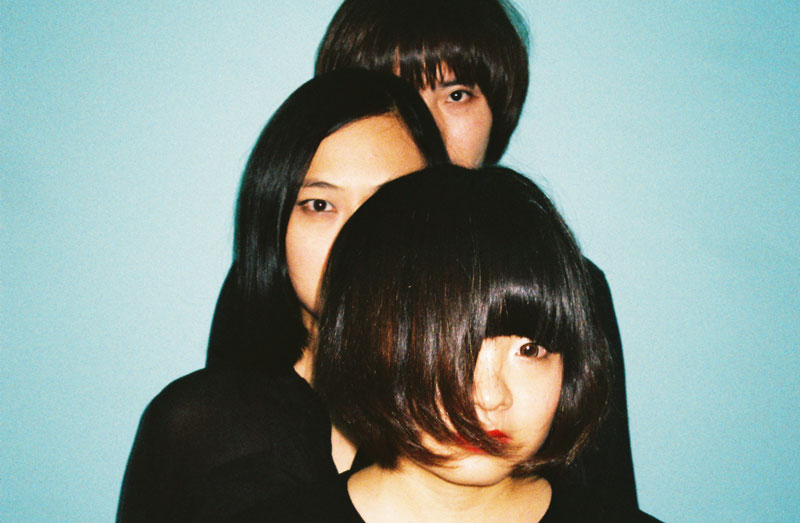
Image via RenHang
These paid models have allowed the global music industry to continue to grow despite the drastic downturn in album sales, with more and more big-name artists putting their latest releases behind paywalls. The rate for these releases may be as little as RMB10 for an album, but the potential that conditioning audiences to buying music has for the Chinese market is huge.
One of Spotify’s most important features is the playlist portion of the app, while the recommended artists section has been revolutionary. Chinese apps are doing similar things, though they’ve also adopted what you could call a ‘social media method’ of inserting and promulgating the use of articles, charts and banner headlines for new artists, which are proving to act as fantastic promotional tools.
For musicians, the ease of access that mobile apps afford is a great boon, allowing listeners to tune in to a new or recommended album on the subway to and from work, and the exposure from these platforms is proving to be extremely helpful in getting the word out about their music.
“So far, we have had great responses on NetEase, Xiami and Apple Music,” say Xu Bo and Zhao Yue, CEO and COO of indie label Merrie Records. “Apple Music has given our artist, Shii, special promo in their Taiwan and Hong Kong stores and this has resulted in her tracks getting on the top 100 iTunes list.”
In terms of the economics of the industry, it is easy to get sucked into the idea of more growth. But those working within music are aware that the market now needs to take stock of itself, take a look at fundamentals and focus on building steadily.
Grefer puts it plainly, “I don’t think that we necessarily need to accelerate the growth but rather control it, regulate it and create a healthy music ecosystem where every company plays its part and we don’t have one dominant player.”
Finger on the Pulse
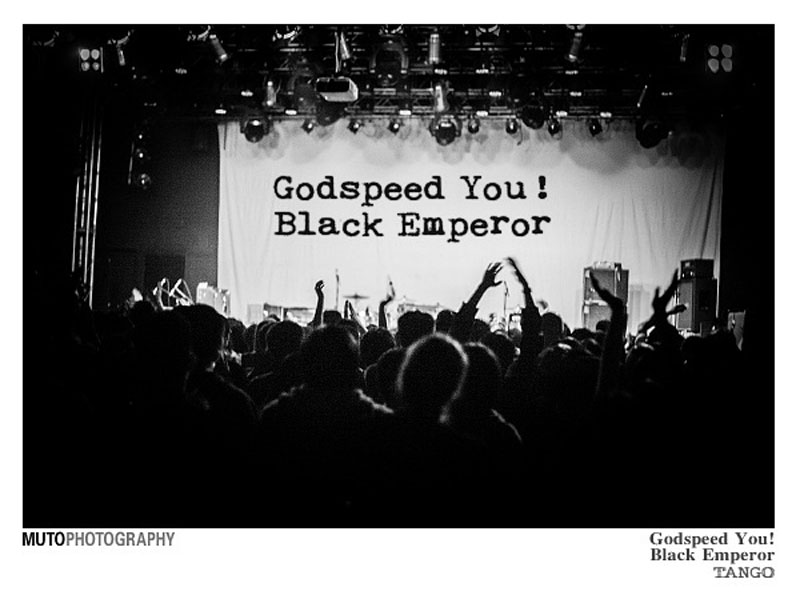
Image via Split Works
It is undeniably hard to avoid the topic of money when discussing music labels in China. While smaller local crews like SVBKVLT, Do Hits, Ran Music and Genome 6.66mbp have captured local and global imagination, the larger music labels have been trying hard to keep up with the cool club kids.
Taihe Music Group – which picked up storied rock label Maybe Mars back in 2017, Mintone Records (Mingtang) in 2018 and operates indie label Ruby Eye Records – launched their own electronic music label and distributor, E-Werk, at the end of 2019, seeking, it seems, to enter the underground club market.
Elsewhere, one of the country’s major labels, Cao Tai, has also dipped its toes into the electronic market with the launch of sublabel Crater Records. While Crater has been largely inactive over the past year, they have signed new artists and are looking at the release of a new compilation album for 2020.
At the same time as mega-labels seek to corner the markets that various rising genres offer, smaller, independent labels are securing funding for their larger aspirations. One of the most encouraging stories from 2019 was the news that alternative music label Merrie Records, created by the team behind D-Force Records, had found a solid investor to put money into their vision.
The label, which brings together some of the stalwarts of the Chinese music scene, has quickly set out a number of impressive initiatives. On the one hand, they have been quick to open up the label into subcategories or sublabels. That move is based on their experience running D-Force Records, which covered a wide range of music, but was largely seen as being inclined towards indie rock or indietronica. With Merrie Records, the folks behind the label are aware of the need to establish unique brands and identities early on.

Image via gui
Thus far, they have divided themselves into three different labels. Merrie Records will continue to cover indie pop (with electronic elements) and indie rock. Little Soul will cover experimental music and is run by Zhu Wenbo, the influential founder of a Beijing institution from a previous era, weekly experimental music performance Zoomin Nights. And new sublabel Captcha will release music coming out of the underground club and electronic scene. Captcha is set to be run by Wang Changchun, who releases music under the name ayrtbh, known widely for creating glitchy, electronic music.
Another of Merrie Records’ significant moves was the founding of Pelican Music Academy, which has already released a guidebook for beginners entering the music industry. The aim is for Pelican to act as a business school.
“We think young artists need help with professional skills,” Merrie Records’ CEO Xu Bo and COO Zhao Yue explain. “Things like how to run your own social media, how to work with streaming platforms and with brands, how to book and promote your own shows and more.”
As the number of outlets for musicians to reach new fans grows, with the right advice musicians can earn a living off their music alone, something that, for many young artists, might have been unimaginable just a few years ago.
Ross Miles, booking agent as well as promoter and manager of Chinese electronic musicians like Howie Lee and Scintii, speaks to the idea that the infrastructure for music in China has grown tremendously: “When we’re planning a tour now, if you compare our targets to, say, three years ago, you can do a really shit-hot job now,” he says. “You can really create quite a compelling campaign around a release that, three or four years ago, would have been unfathomable.”
Cultural Interconnectivity

Image via gui
One of the major trends in the club music scene in China has seen creatives from a variety of visual industries getting involved, leading to a crossover of mediums, establishing clubs as centers of culture. In Hangzhou, locally-based video artist Cheng Ran has set up The fART, an exhibition space devoted to the work of his collective, Martin Goya Business, right next door to Loopy, the nucleus for underground club music in Hangzhou. In Beijing, M. Woods became the first museum in the world to open its own dedicated club space, guī.
Tom Mouna, who is taking the lead on guī, speaks about the increasing interconnection of art and music in China over the past decade, “I think it’s something that has been prevalent in China for a while, with clubs like ALL [in Shanghai] and OIL [in Shenzhen], as well as promoters like Asian Dope Boys, and an overall greater emphasis on the originality and progressiveness of club night posters and visuals. It’s definitely not something that is unique to China, and perhaps is connected to an overall academic turn of electronic music.”
One of the more impressive artists in this realm is 33EMYBW. A visual artist and fashion designer as well as a musician, her recent works seem to guide the listener through a narrative story, based around ideas of the future and humanity’s role in it. While her music fits within the club, it also feels like a story, an idea or a concept. Labels all over China have been publishing works that tend to fit with what has been labeled as conceptronica by Pitchfork, with Echoloop, SVBKVLT and Genome 6.66mbp all giving space for artists to experiment.
Rise of the Talent Show

Image via Split Works
Returning to the mainstream, there are certain aspects of the industry that uphold, but also threaten young artists within the music business. Over the last few months of 2019 and continuing on into 2020, TV talent show The Big Band has been putting on performances at music venues and live houses around the country, bringing together young bands for a talent concert of sorts in the style of a ‘battle of the bands.’ The winning bands from this group of shows gain the opportunity to take part in the second season of The Big Band, to perform at festivals and have the chance to sign with Taihe Music Group.
The talent show format is not new. Music shows have been around for years, with artists like Yunggiema and Hanggai getting breaks into the mainstream on shows like Chinese Idol and Sing My Song. Recently, however, more refined and focused shows have been working at breaking scenes open for the general public in China.
A prime example is Rap of China, which brought young rappers and musicians like PG One, Gai, Wang Yitai, Lexie Liu and more to fame. The show has undoubtedly been good for the growth of the rap scene, bringing a huge new fan base to the genre. It also seems to have provided the impetus for large TV streaming companies to use the same model for different niches of music; iQiyi quickly brought the format to indie music with The Big Band.
“The more potentially useful function of the platform created by The Big Band and other shows will be to train an audience – this is who ultimately will support young bands in the long run”
RADII’s former Culture Editor Josh Feola has been outspoken in his skepticism of how beneficial the talent show format truly is for artists: “My attitude about the most recent developments in the Chinese music industry, and where it will go next, is somewhere between cautious optimism and skepticism. It hasn’t yet crossed into worry, or full-blown cynicism, but let’s see what happens in 2020. I still hold out hope that there will be artists who bypass the talent show system and use the older and more traditional methods that have sustained the underground scene from the ’90s to now: independent labels, small venues, grassroots organization, DIY operations.”
One of the downsides of the talent show format is that bands and artists are being white-washed, or having their image toned down in order to appear on the show. Artists who have appeared on The Big Band have complained the show’s producers decide on outfits and band narratives. That proves problematic for acts that have been operating with their own identities within the indie scene for decades.
On the other side of that argument, bands that have been active on local scenes for years stand to finally gain a larger audience, leading to commercial opportunities with brands and shows at huge stadiums like Mercedes-Benz Arena in Shanghai. It remains to be seen, however, whether this popularity is sustainable, or if it is merely a flash in the pan.
“The more potentially useful function of the platform created by The Big Band and other shows will be to train an audience – this is who ultimately will support young bands in the long run,” says Feola. “But it’s not clear to me that the viewers of these shows will be repeat customers or directly support bands by buying music, merch or concert tickets.”
Live and Kicking?

Image via 灏忕尓鐢峰/Split Works
The general impression of the live music scene going into 2020 is somewhat bleak, with venues continuing to close. One of those is Dada Shanghai, which shut its doors after more than a decade of operation, due to the condemnation of the building in which it was located. While it’s not necessarily a surprise, given that the best of the city’s underground venues – like Elevator and Shelter – have been forced to move or close completely over the past couple of years, it begs the question as to why important cultural venues seem to lack protection in an age of continuous urban redevelopment. The situation up north is similarly bleak, with much dismay at long-running Beijing venue Yugong Yishan officially shutting its doors in early 2019.
At the same time, the Beijing government started the new decade by declaring its intention to become an “international capital of music,” with a music and related industries revenue goal of RMB120 billion by 2025. To realize this, they have pledged to set up a special fund for the industry, build live music establishments, music towns, music industrial parks and encourage original music with subsidies. It will also build a big data platform for online music and protect music copyrights, according to their guidelines.
That announcement has been met with skepticism from music watchers and promoters around the country, who are unsure of how investment in AI, music data banks and music compounds will benefit local music scenes.
Archie Hamilton, co-founder of music company Split Works, was one of the first to put on a music festival in China back in 2007.
“For the first six or seven years, everyone was saying, ‘You’re barking up the wrong fucking tree,’” says Hamilton. “But we were absolutely convinced that humans are humans. Ultimately, everyone likes getting together and listening to music, everywhere in the world, so it’s going to work here as well.”

Image via Le虂on/Split Works
Fostering a culture of live music in China, Split Works got to the point where they felt they were going to pull it off. Then big international festivals with big money began to enter China, increasing competition for space in the market and raising the price tag of headlining acts.
“We fought hard for nearly a decade, and then suddenly EDM came in hard and some of the bigger companies got massive, massive amounts of sponsorship and investment. We did our own deals, managed to secure some investment and decent sponsorship over the years. But, like anything in China, the market just saturated itself,” Hamilton says.
“At a certain point it looked like you could make money out of festivals, but, whenever anything looks like it could be profitable or interesting, all the dumb money in China piles in. Suddenly, what was a thin emerging marketplace became completely unsustainable for everyone.”
Split Works’ Concrete & Grass Festival had proven to be a favorite among music fans over the past few years. However, they were forced to cancel the festival last year, after what Hamilton describes as a very difficult 2018. His feelings about the industry in China reflect those of Philipp Grefer – viewing this moment in time as the perfect opportunity to take stock and reflect on what the future holds.
Moving forward, Split Works is going back to its roots, putting on more evenkeeled tours and shows, while looking for new and interesting ideas for their events, rather than focusing on big, headlinerbased music festivals.
 Image via Metal Micky/Split Works
Image via Metal Micky/Split Works
In terms of the club-based music scene, Ross Miles says that promoters are also taking a step back to reconsider how to get people to go out and party. Miles, who has worked in promotion in China for the better part of the past decade, speaks to the shrinking number of fans at Shanghai clubs on any given weekend.
“When I first moved to Shanghai in 2012, we did our first party at Shelter. Back then, Shelter was going through quite a green patch. A good night at Shelter then would have 350 people,” says Miles. “Now, a good night at ALL is half that, or less than half that. You look at the numbers and notice there’s a drop off. But then, you look at the audience and you see – not just at ALL, but at Elevator now and 44KW as well – a dedicated audience who are really plugged into that particular club or that particular scene.” This trend again speaks to the power of streaming and listening to favorite artists online, with audiences growing increasingly savvy about underground music; with the ease of access to music growing, tastes have developed.
“It’s that kind of scene building versus running a business, and unfortunately those two things don’t always align very well,” says Miles. “Having a club with 150 predominantly Chinese kids in is great for your legacy creatively or otherwise, but if you’re looking to run a business with relatively high rent and labor costs involved, you’ve got to sell tickets and sell drinks. Often, you’re just about selling tickets and you don’t sell very many drinks. How do you wed those things together? That’s what everyone’s trying to figure out right now.”
Taking stock of the Chinese music industry as we enter a new decade, then, all is not necessarily well. On the one hand, we see the market for digital music booming. On the other, the ailing health of an increasingly competitive live music industry has its main players worried about what the future will hold.
Will increased streaming give rise to increased musical knowledge and larger fan bases for a variety of genres? Or will kids be disinclined to go to a live show when they can just listen to their favorite artist online? Does the increased involvement of government in the development of live music promise sustenance for upcoming artists? Time most certainly will tell, but, as of now, for those who care about the growth of a vibrant musical culture in China, more money means more problems.
For more great Arts & Entertainment coverage, click here.
[Cover image via Split Works]
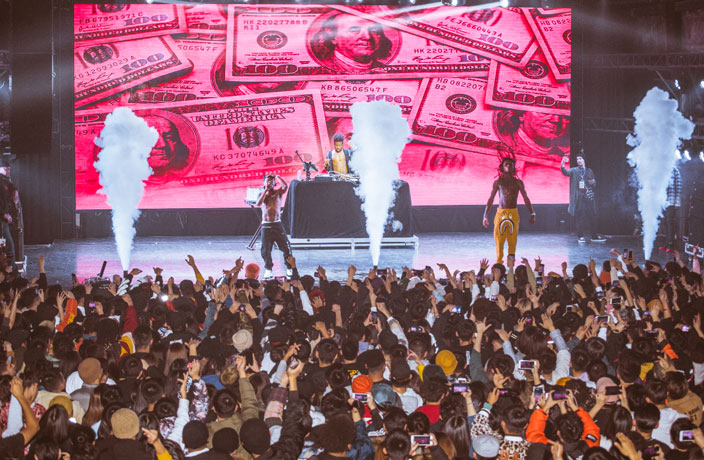




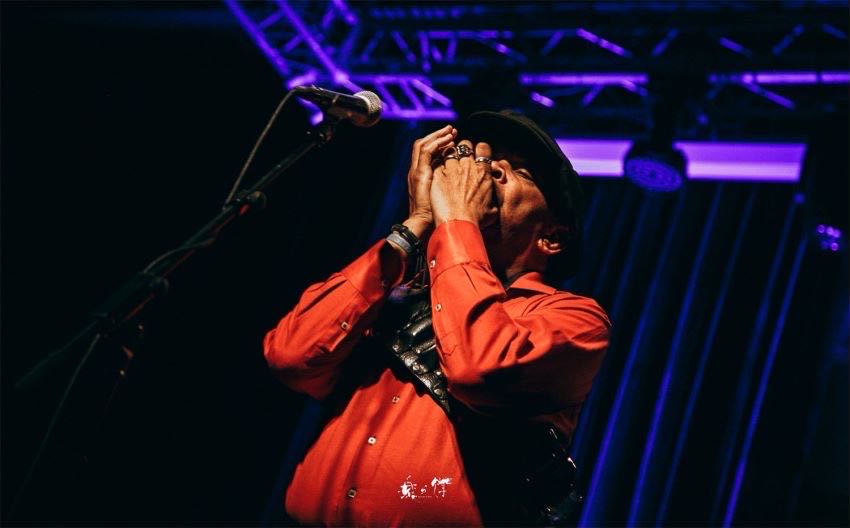
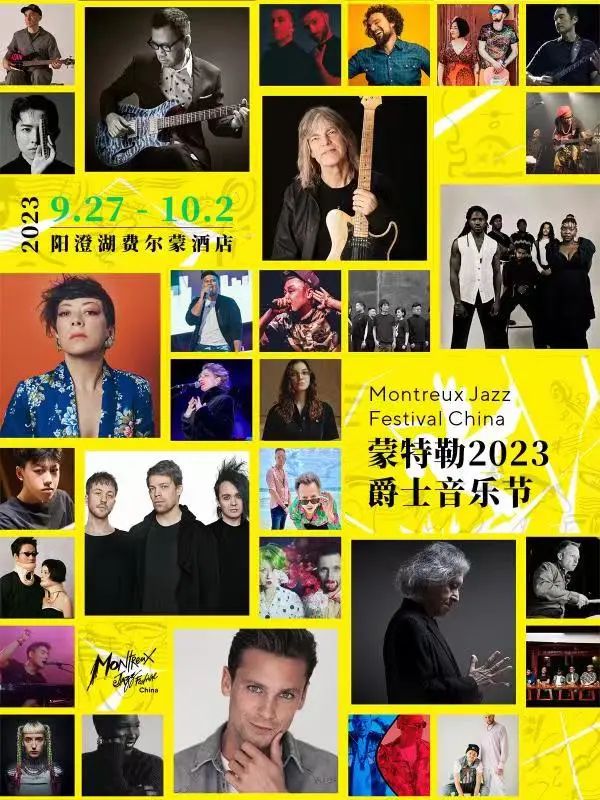














0 User Comments